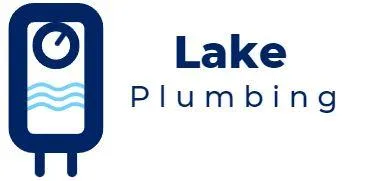Comparison of Condensing vs Non Condensing Tankless Water Heaters
When it comes to replacing your water heater in Eclectic, homeowners often have the choice between condensing and non-condensing tankless water heaters. It is crucial to understand the distinctions between these two types before making a decision. This article aims to provide a thorough comparison of condensing and non-condensing tankless water heaters, allowing homeowners in Eclectic to select the most suitable option for their specific needs and living space.

What is a tankless water heater and how does it work?
A tankless water heater is a modern alternative to traditional, tank-based water heaters. As the name suggests, it does not rely on a storage tank to heat and store water. Instead, it quickly heats the water as it passes through the unit using high-powered burners or electric heating elements. When you turn on a hot water faucet in your home, cold water enters the tankless water heater through an inlet pipe. Inside the unit, the cold water flows over the heating elements or burners, which rapidly heat the water to the desired temperature. The heated water then exits the unit and travels to the faucet, providing you with instant hot water on demand. The main advantage of a tankless water heater is its energy efficiency. Unlike traditional water heaters, which constantly heat and store water, tankless models only heat water as needed, resulting in significant energy savings. Additionally, because there is no storage tank, the risk of leaks and water damage is greatly reduced.


What is a condensing tankless water heater?
A condensing tankless water heater is a type of water heater that utilizes advanced technology to maximize energy efficiency. Unlike traditional tankless water heaters, which exhaust hot gases through a vent, condensing tankless water heaters have a secondary heat exchanger that extracts additional heat from the exhaust gases. This process not only increases the unit's efficiency but also lowers its emissions. As a result, condensing tankless water heaters are able to provide hot water on-demand while using less energy and reducing carbon footprints.
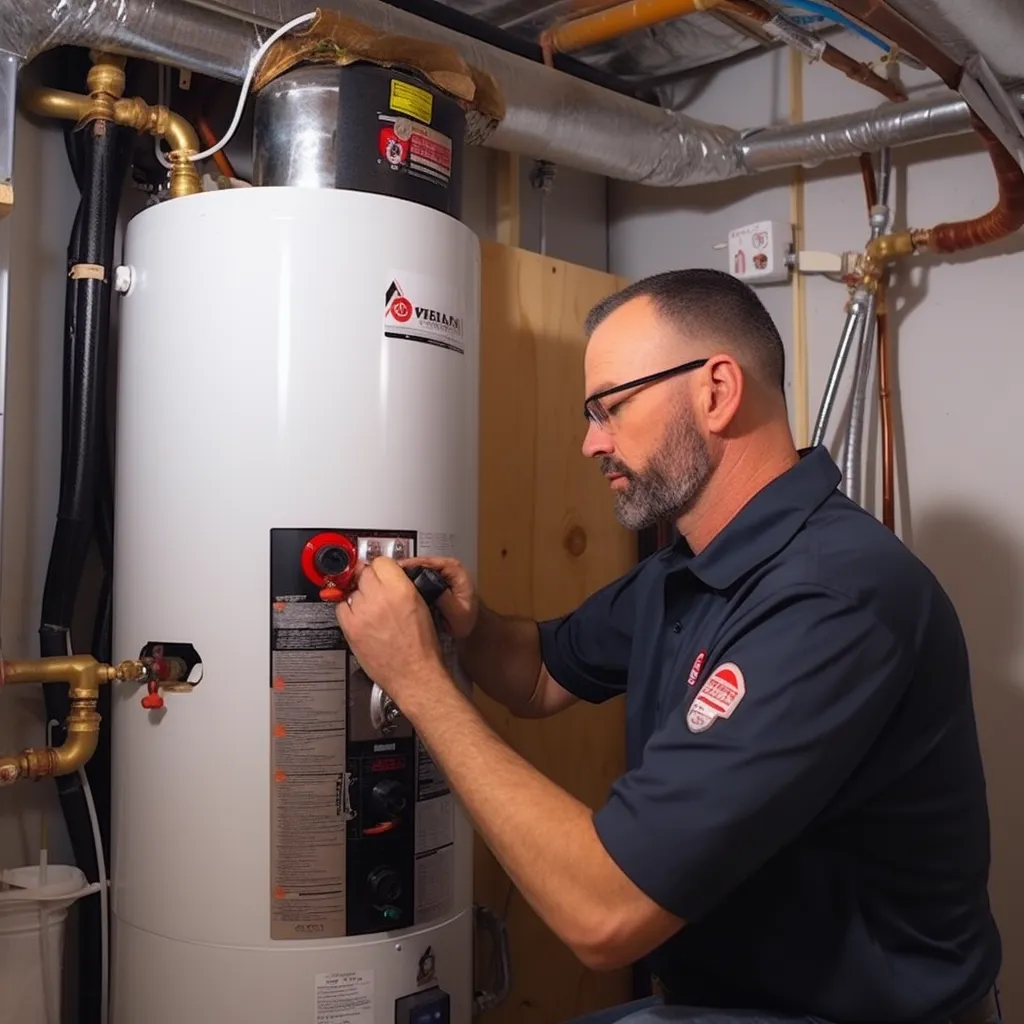
Differences between condensing and non condensing tankless water heaters
The key difference between these two types lies in how they handle exhaust gases and utilize heat. Condensing tankless water heaters are designed to be highly efficient by utilizing the heat from exhaust gases. These units have a secondary heat exchanger that extracts heat from the combustion gases, allowing them to reach energy efficiency levels of up to 98%. The exhaust gases are cooled down to the point where they condense into water vapor, which is why these units are called "condensing" water heaters. The condensed water is then drained away. This process not only recovers additional heat but also prevents the release of harmful gases into the atmosphere.
On the other hand, non-condensing tankless water heaters do not have a secondary heat exchanger. As a result, they have a lower energy efficiency rating, typically around 80-85%. These units rely solely on the heat generated during combustion to heat the water, without any recovery of heat from the exhaust gases. Consequently, non-condensing units release the exhaust gases directly into the atmosphere without any condensation. In terms of installation, condensing tankless water heaters require a different venting system compared to non-condensing units. Due to the lower exhaust temperatures, condensing units can use a PVC pipe for venting. Non-condensing units, on the other hand, require a more traditional metal vent pipe. When deciding between these two types, it's essential to consider your specific needs and requirements.
While condensing tankless water heaters offer higher energy efficiency and environmental benefits, they generally come at a higher price point. Non-condensing units, on the other hand, are less expensive upfront but may have higher operating costs due to their lower efficiency.
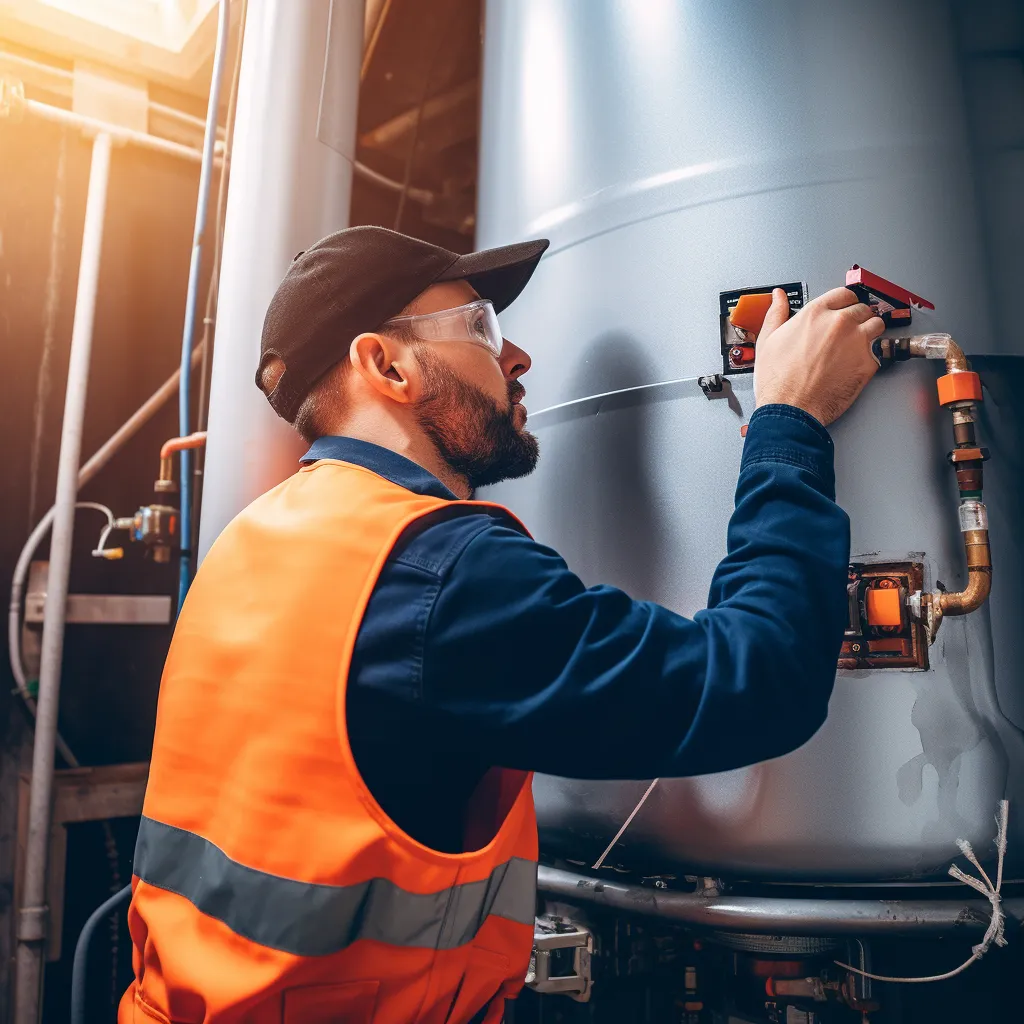
What are the benefits of a condensing tankless water heater?
Condensing tankless water heaters offer several advantages over traditional tank water heaters:
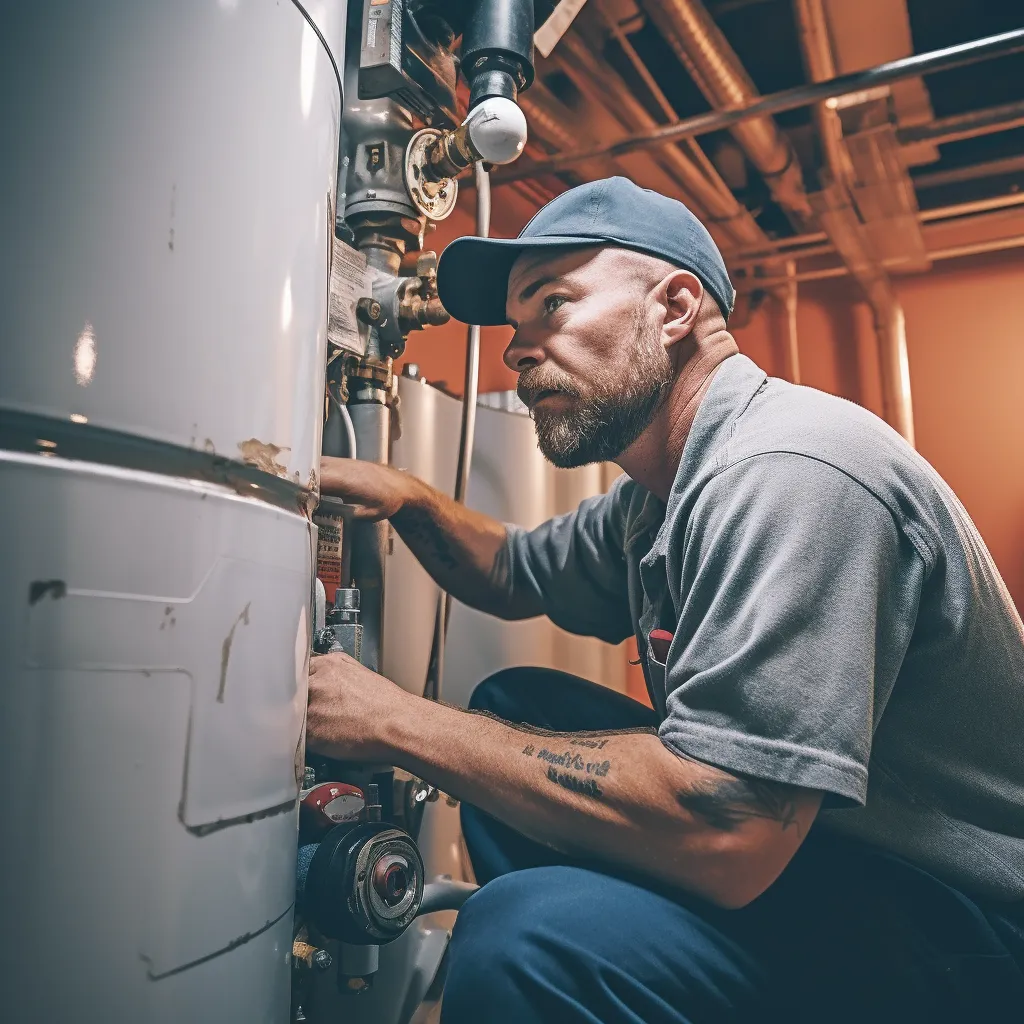
Unlike traditional tank water heaters that constantly heat and store water in a large tank, condensing tankless water heaters only heat water on demand. This means that they are not always running and wasting energy. As a result, homeowners can save a significant amount on their energy bills.
Another benefit of condensing tankless water heaters is their compact size. Traditional tank water heaters can take up a lot of space in a home, especially if they have large tanks. On the other hand, condensing tankless water heaters are much smaller and can easily be installed in tight spaces, making them ideal for homes with limited space.
Condensing tankless water heaters have a longer lifespan compared to traditional tank water heaters. This is because they do not have a storage tank that can rust or corrode over time. Instead, they use advanced technology to heat water directly as it passes through the unit. This not only prolongs the life of the water heater but also reduces the risk of leaks and water damage.
Condensing tankless water heaters provide an endless supply of hot water. With traditional tank water heaters, there is a limited amount of hot water available, and once it runs out, you have to wait for the tank to refill and heat up again. However, condensing tankless water heaters heat water as it is needed, ensuring a continuous flow of hot water whenever you need it.
What are the disadvantages of a condensing tankless water heater?
While condensing tankless water heaters offer numerous benefits such as energy efficiency and endless hot water supply, they do have a few drawbacks:

One of the main disadvantages of a condensing tankless water heater is the higher upfront cost. Compared to traditional tank-based water heaters, condensing tankless models can be more expensive to purchase and install. However, it's important to note that over time, the energy savings they provide can offset this initial investment.
Another disadvantage is that condensing tankless water heaters may require additional maintenance and regular servicing. The condensate, which is produced during the water heating process, needs to be drained properly. This involves periodic flushing of the system to prevent corrosion and buildup of mineral deposits. While this maintenance is crucial for optimal performance, it may require hiring a professional plumber or technician.
Condensing tankless water heaters might have specific venting requirements due to their high-efficiency design. They typically require a special type of venting system to remove the exhaust gases effectively. This could involve additional installation costs, especially if your home's existing venting system is not compatible.
Condensing tankless water heaters may have a limited flow rate compared to traditional tank-based water heaters. So, if you have a high demand for hot water simultaneously from multiple fixtures, you may need to consider properly sizing the unit to ensure it can meet your household's needs.
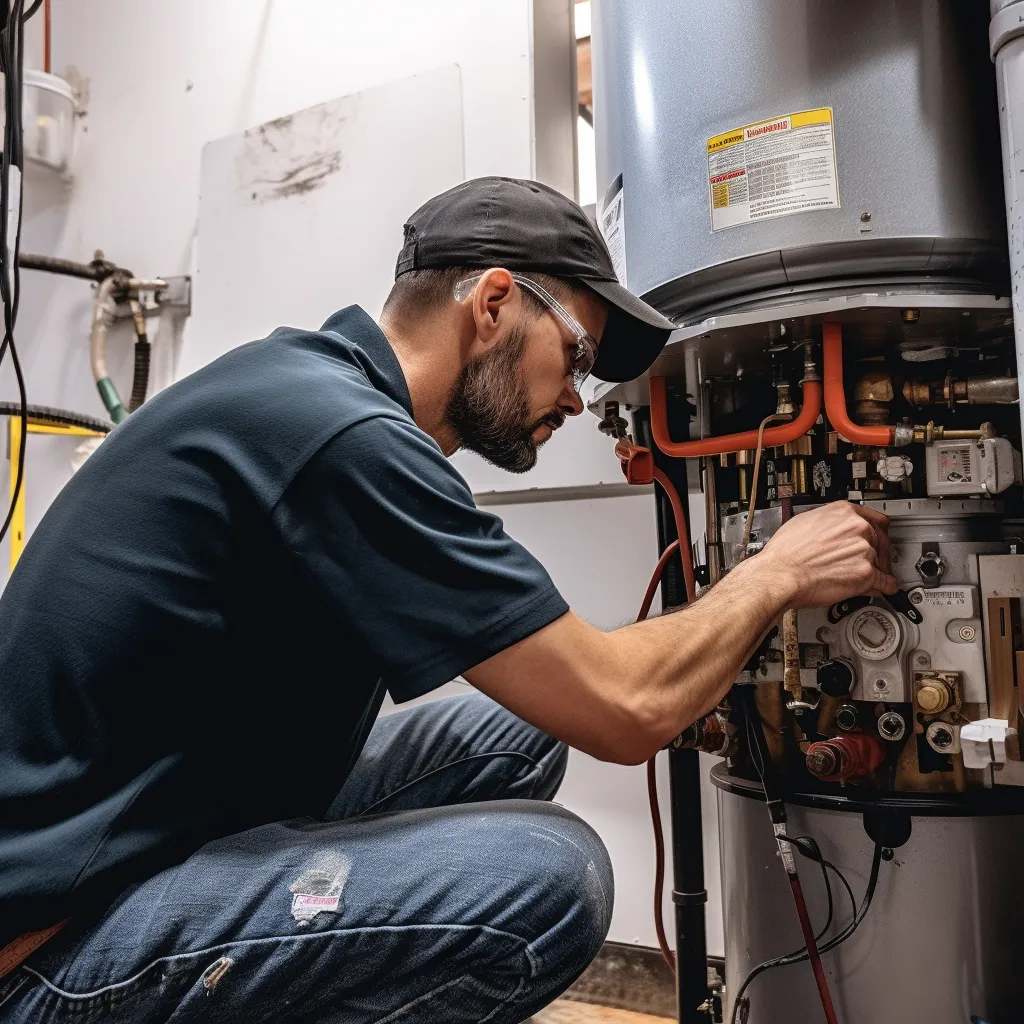

How energy-efficient are condensing tankless water heaters?
When it comes to energy efficiency, condensing tankless water heaters are considered a top choice. These water heaters are designed to maximize energy savings by capturing and reusing heat from exhaust gases that traditional tankless water heaters dissipate. By taking advantage of this energy, condensing tankless water heaters can achieve high energy efficiencies, often over 90%. This means that they waste less energy and can significantly reduce energy bills compared to conventional tank-style water heaters. When it's time for water heater replacement in Eclectic, opting for a condensing tankless water heater can be a wise and cost-effective choice.
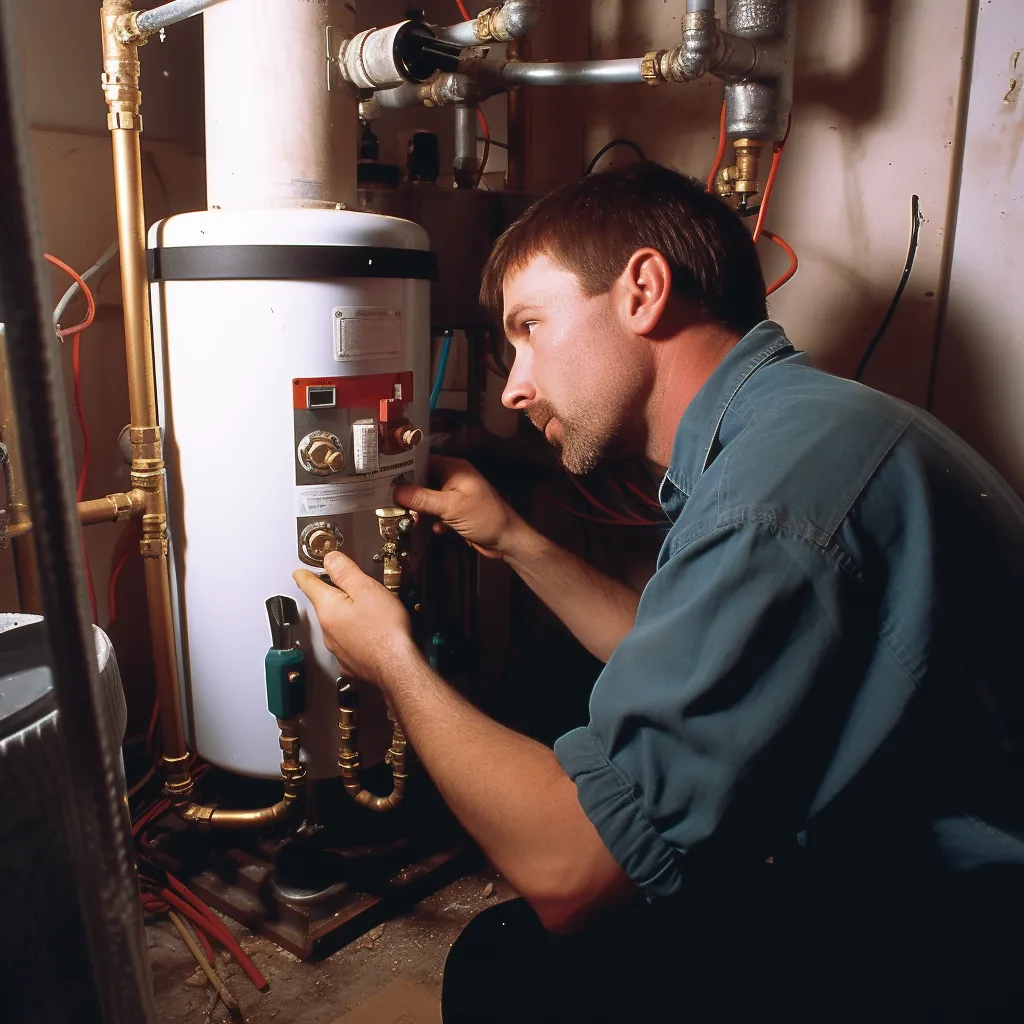
Are non condensing tankless water heaters energy-efficient?
When it comes to sustainable and cost-effective water heating, non-condensing tankless water heaters are a great choice to consider. While they may not be as energy-efficient as condensing models, they still offer significant reductions in energy usage and costs when compared to conventional tank water heaters.
Water heater replacement in Eclectic offers an opportunity to switch to a more energy-efficient and cost-effective choice. While non-condensing tankless water heaters may not utilize waste heat like condensing models, they still provide a viable and eco-friendly alternative. In comparison to tank-based systems, these water heaters offer improved energy efficiency, which ultimately leads to lower energy bills and significant long-term savings. Their efficient performance and environmental benefits make them a popular choice for households in Eclectic seeking a water heater replacement solution.
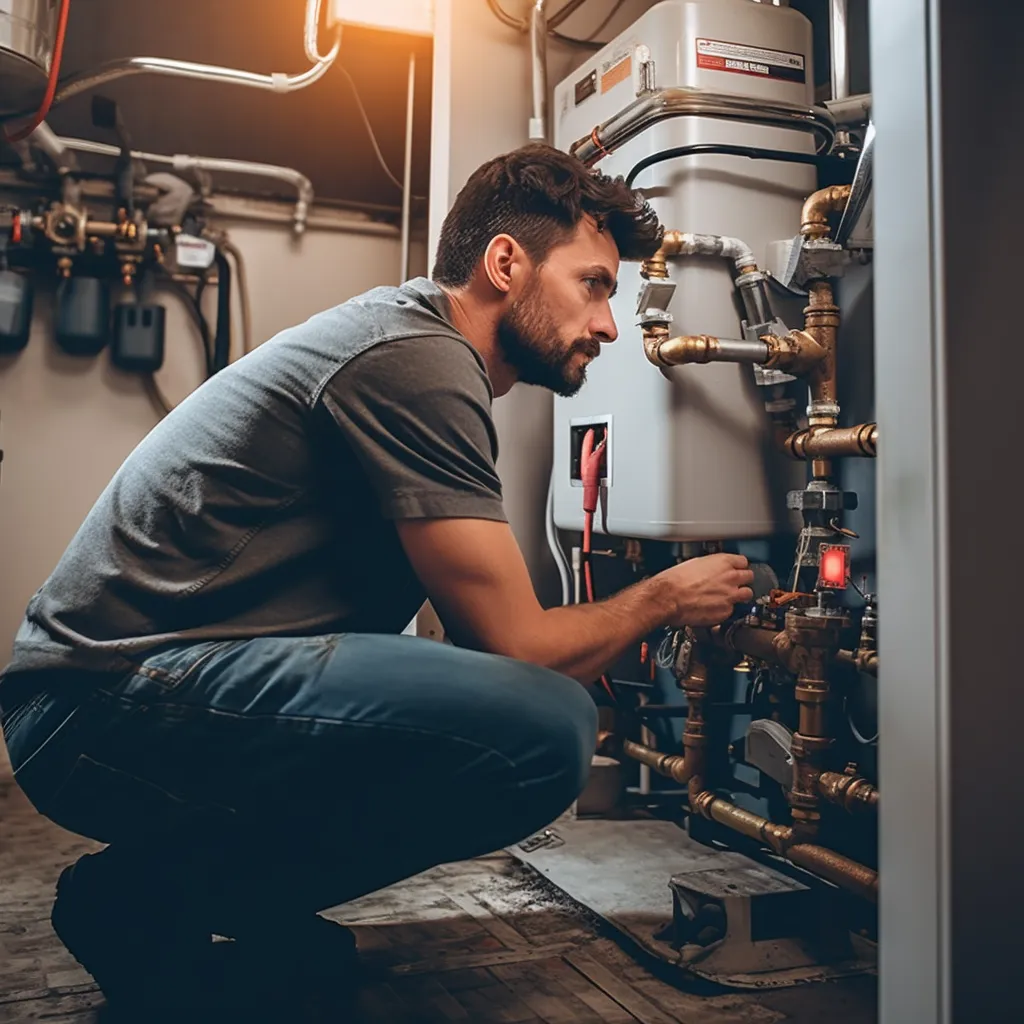
What does it cost to buy and install a condensing tankless water heater?
The cost to purchase and install a condensing tankless water heater can vary depending on various factors such as the brand, model, size, labor costs, and any additional materials or modifications needed for installation. On average, the cost can range from $1,500 to $3,500. It's essential to consult with a professional plumber or contractor to get an accurate estimate for your specific needs. Additionally, consider factors like energy efficiency, warranty, and maintenance requirements when selecting a condensing tankless water heater for your home.
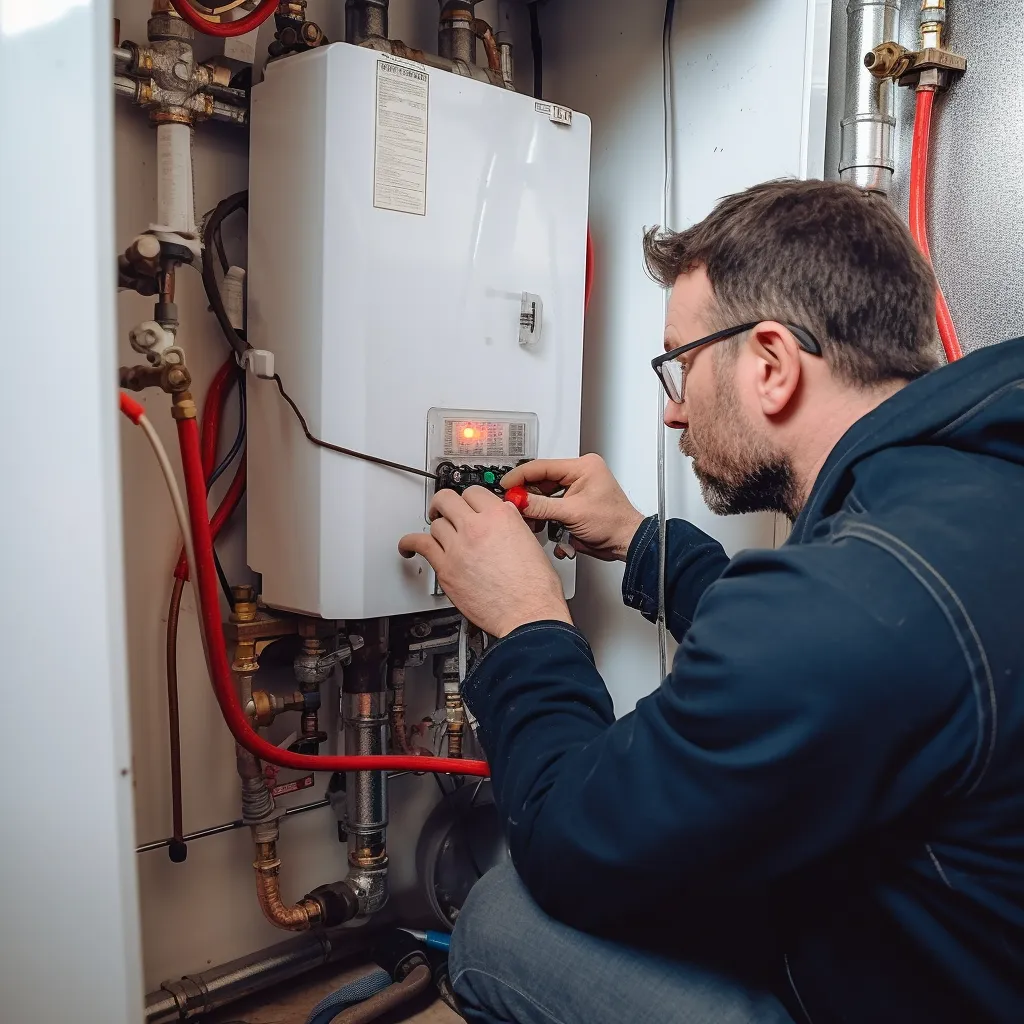
What does it cost to buy and install a non condensing tankless water heater?
When considering the cost of purchasing and installing a non-condensing tankless water heater, several factors come into play. These factors include the price of the unit itself, any additional materials required for installation, and the labor costs. Additionally, the specific brand and model of the water heater can influence the overall price. It is important to note that the cost of a non-condensing tankless water heater can vary depending on the size and capacity of the unit. On average, the price range for a non-condensing tankless water heater can be between $500 and $2000. However, the installation costs are a significant consideration as well. The complexity of the installation process and the location of the water heater in your home can affect the labor costs. Generally, the installation of a tankless water heater can range from $500 to $1500. To get an accurate estimate for the cost of purchasing and installing a non-condensing tankless water heater in your area, it is best to consult with professional plumbers or suppliers who can provide a more specific quote based on your individual needs and requirements. Additionally, comparing prices and obtaining multiple quotes can help you make an informed decision and ensure that you are getting the best value for your investment.
What are the maintenance requirements for condensing tankless water heaters?
When it comes to the maintenance requirements of condensing tankless water heaters, there are a few key things to keep in mind. Regular maintenance is crucial to ensure the continued efficiency and performance of your water heater.

It is essential to clean the heat exchanger of your condensing tankless water heater at least once a year. Over time, mineral deposits can build up and restrict the flow of water, causing a decrease in efficiency. Cleaning the heat exchanger will help to remove these deposits and allow for optimal heat transfer.
It is important to check the burner of your water heater regularly. A clean and properly functioning burner is essential for efficient and safe operation. If you notice any soot or debris on the burner, it may be necessary to clean or replace it.
In terms of filter maintenance, many condensing tankless water heaters are equipped with a filter that helps to prevent particles and debris from entering the unit. These filters should be checked and cleaned regularly to ensure they are not clogged or obstructed.
It is always recommended to have your condensing tankless water heater inspected and serviced by a professional on an annual basis. A trained technician will be able to identify any potential issues or areas of concern and address them accordingly. This can help to extend the lifespan of your water heater and prevent any unexpected breakdowns.
To keep your condensing tankless water heaters in top shape, regular maintenance is essential. Neglecting maintenance can lead to increased energy bills, decreased efficiency, and even potential damage. It is advised to schedule professional maintenance checks on a regular basis to ensure your water heater remains in optimal condition. Taking a proactive approach to maintenance can have significant benefits. Not only will it save you time and money in the long run, but it will also ensure that your water heater continues to operate efficiently and effectively. Don't wait until problems arise – invest in regular maintenance for your water heater and enjoy peace of mind knowing that you have taken the necessary steps to keep it in excellent working condition.
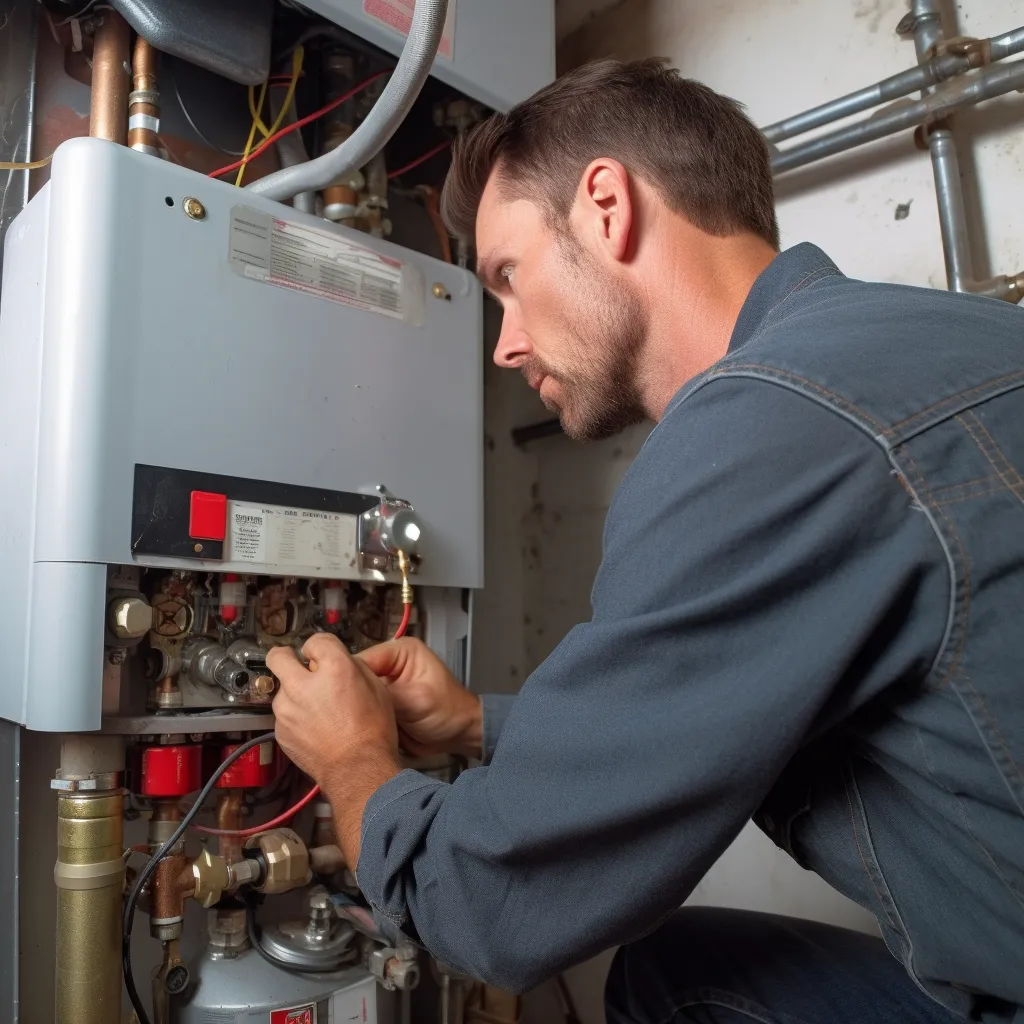
What are the maintenance requirements for non condensing tankless water heaters?
When it comes to the maintenance of non-condensing tankless water heaters, there are a few requirements to keep in mind. These water heaters are known for their efficiency and longevity, but they still need regular maintenance to ensure optimal performance.

It is important to flush the system regularly to remove any mineral deposits or sediment that may accumulate over time. This can be done by following the manufacturer's recommendations for the specific model of water heater. Flushing the system helps to prevent clogs and blockages, which can affect the flow of water and decrease efficiency.
Checking and cleaning the combustion chamber is crucial for non-condensing tankless water heaters. Over time, debris or dust can accumulate in this area, hindering proper operation and potentially causing damage. Cleaning the combustion chamber will ensure that the burner ignites properly and that there are no obstructions affecting the flame.
Inspecting the gas connections and venting system regularly is essential. Any leaks or blockages can lead to gas leaks or improper exhaust, which can be hazardous. It is recommended to have a professional technician check the gas connections and venting system to ensure everything is in good working order.
Checking the water filters is another maintenance requirement for non-condensing tankless water heaters. These filters help to prevent debris from entering the heat exchanger and causing damage. Cleaning or replacing the filters as recommended by the manufacturer will help maintain optimal performance and prolong the lifespan of the water heater.
How to choose between a non condensing vs condensing tankless water heater
When considering the choice between a non-condensing and condensing tankless water heater for your home's water heater replacement in Eclectic, there are a few key factors to keep in mind:
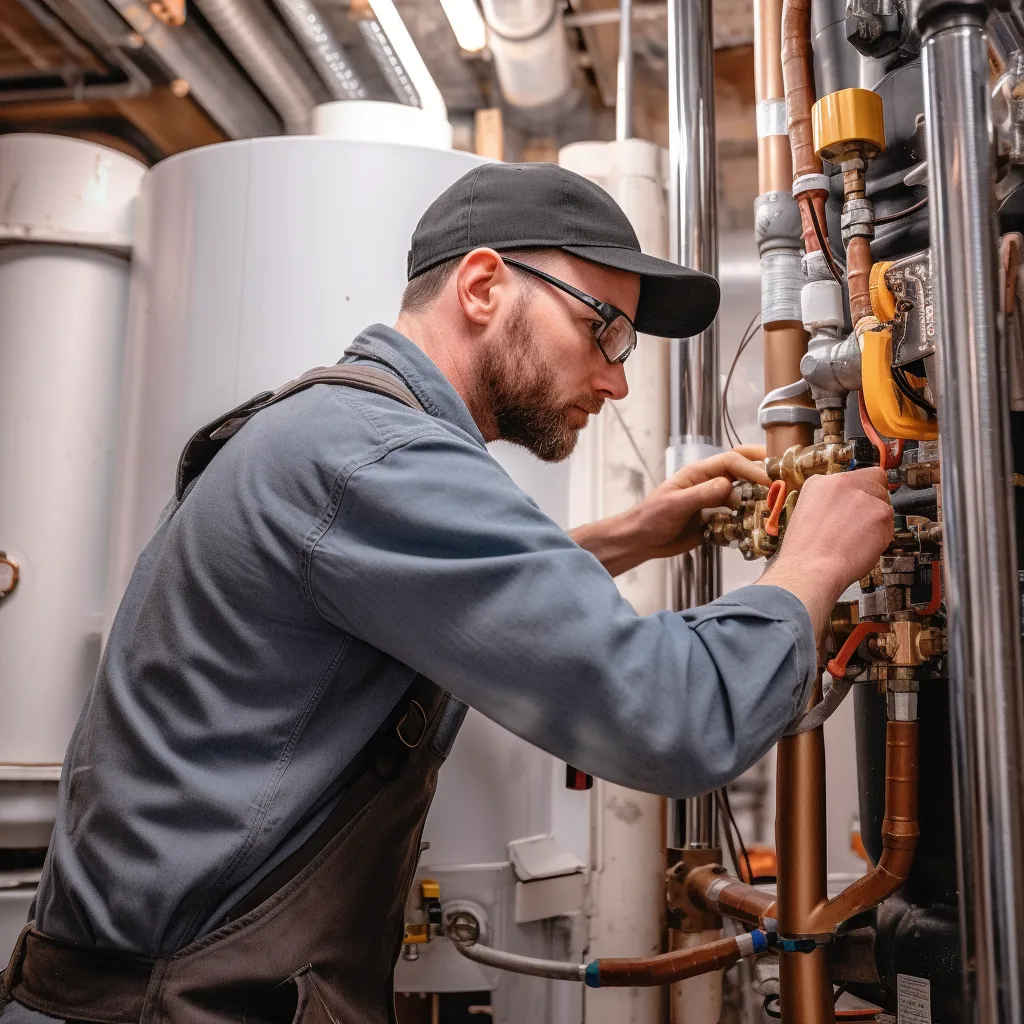
A non-condensing tankless water heater operates by directly heating the water as it flows through the unit. These types of water heaters are generally more affordable upfront and require less maintenance. However, they are typically less energy-efficient and have a lower overall efficiency rating compared to condensing tankless water heaters.
On the other hand, condensing tankless water heaters are designed to maximize energy efficiency by utilizing advanced technology. These units extract heat from the exhaust gases and use it to preheat the incoming cold water, resulting in greater overall efficiency. This process saves energy and can result in lower utility bills over time.
Condensing models are usually more expensive upfront due to their advanced design and features. When choosing between a non-condensing and condensing tankless water heater, it is important to consider your specific needs and budget. If energy efficiency and long-term cost savings are high priority factors for you, a condensing tankless water heater may be the better choice, despite the higher initial cost. Alternatively, if you have a smaller budget and energy efficiency is less of a concern, a non-condensing tankless water heater may suffice.
It is crucial to consider the availability of natural gas and the size of your home's gas line. Condensing tankless water heaters typically require a larger gas line due to their higher energy demands, so it is essential to ensure your home's infrastructure can accommodate this requirement before making a decision.
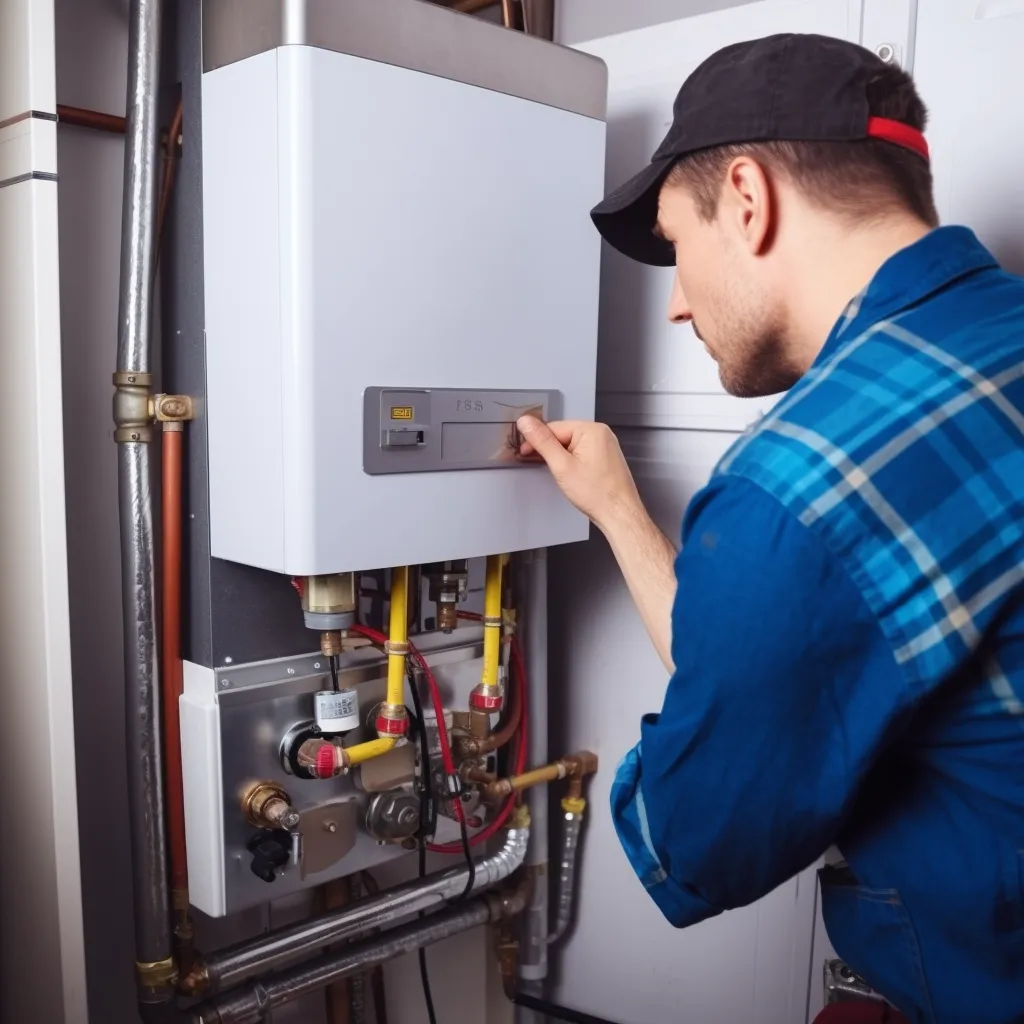
Be sure to research condensing vs non condensing tankless water heaters

When researching water heater replacement options, one important consideration is whether to choose a condensing or non-condensing tankless water heater. Both types have their distinct features and advantages, and understanding the differences can help you make an informed decision. A condensing tankless water heater is designed to extract more heat from the combustion process, resulting in increased efficiency. It uses a secondary heat exchanger to capture heat from the hot exhaust gases, which would typically be wasted in a non-condensing unit. By maximizing heat transfer, condensing tankless water heaters have a higher efficiency rating, meaning they convert a larger portion of the energy input into hot water. Non-condensing tankless water heaters, on the other hand, do not have a secondary heat exchanger. Instead, they rely solely on the combustion process to heat water. While they are generally less efficient than condensing units, they tend to be more affordable and easier to install. Non-condensing tankless water heaters are still a viable option for homeowners looking for a cost-effective and reliable water heating solution. Choosing between condensing and non-condensing tankless water heaters mainly depends on your specific needs and preferences. If energy efficiency and lower operating costs are high priorities, a condensing unit may be the suitable choice. They are particularly beneficial for larger households with high hot water demands or in areas where energy costs are significant. On the other hand, if upfront cost and simplicity of installation are more important, a non-condensing tankless water heater may be the better option. To make the best decision for your water heater replacement, consider factors such as your household size, hot water needs, energy efficiency goals, and budget. It's recommended to consult with a professional plumber or HVAC technician who can assess your specific requirements and provide expert advice on choosing the right tankless water heater for your home.
Contact Us
